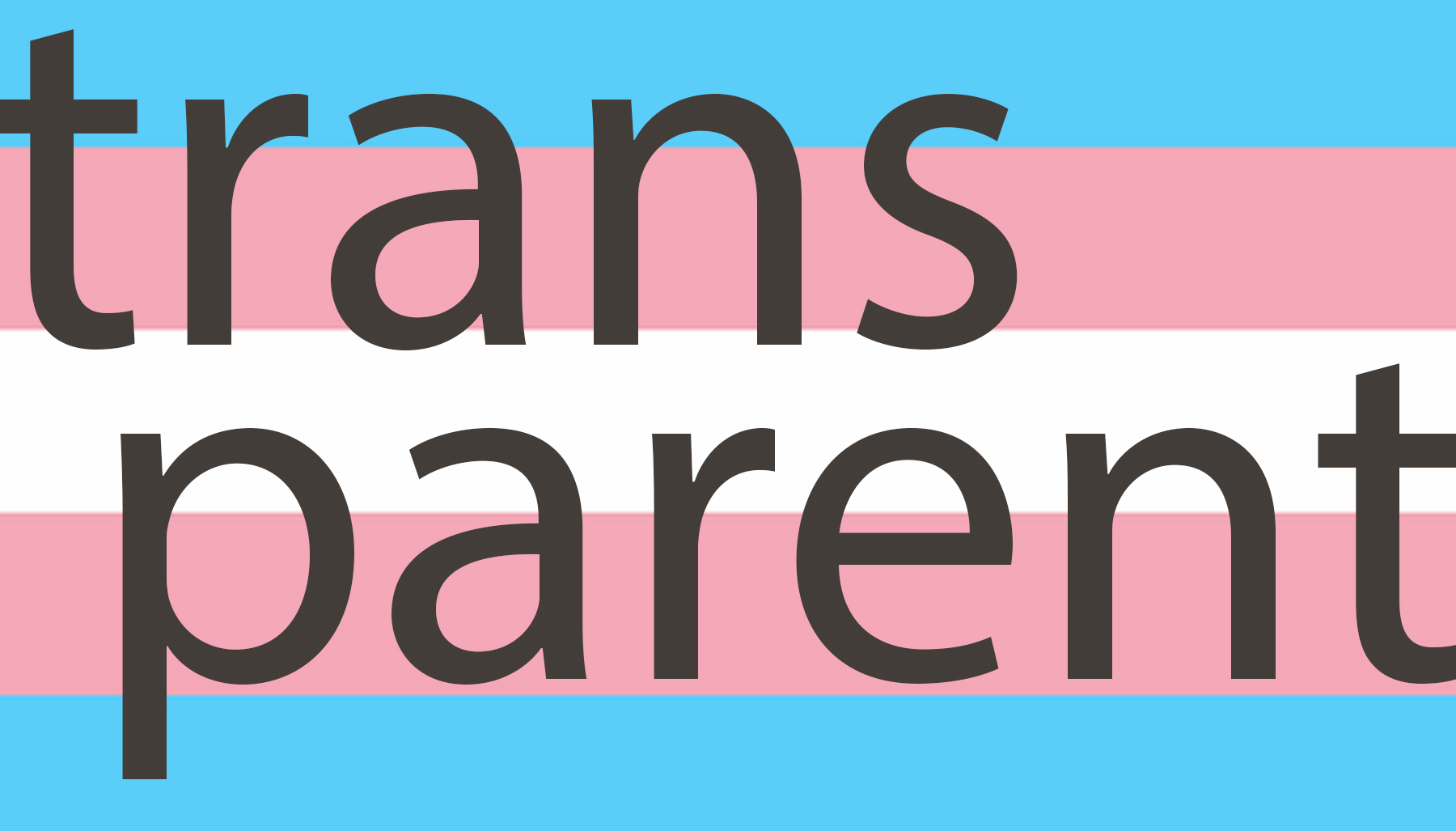
The mental effects of gender dysphoria
By Jasper Griswold, Columnist
Think of your body. If you look down, you know how far your chest juts out, if at all. If you were to look in the mirror, you know the softness of your face and the sharpness of your jawline. But what if you didn’t?
What if, in your mind, you looked quite different? What if one day you looked down and saw breasts where you feel there shouldn’t be, or didn’t see them where you felt they should be, and were shocked back to the reality that your body looks different than you want it to – that your body looks wrong? Imagine how painful that would feel, how disconnected you would feel to your body. This feeling that some trans people deal with is called dysphoria, and it causes a lot of negative emotions. Gender dysphoria is the negative feelings due to a person’s assigned gender being different with their actual gender. However, a lot of people put too much annunciation on it.
For one thing, not every trans person experiences gender dysphoria. While some may feel physical or social dysphoria, or both, some don’t feel any at all. Gender dysphoria isn’t necessary to be trans. That pathologizes being transgender, and being trans is not psychologically abnormal or unhealthy. It gatekeeps the community and refuses some trans people admittance into their own community. Even now, gender dysphoria is a part of the Diagnosis and Statistical Manual of Mental Disorders, making it a diagnosis and not just a feeling. If someone doesn’t experience gender dysphoria, they may feel “less” transgender because the American Psychological Association decided dysphoria is a mental issue related to being trans.
Another thing is dysphoria doesn’t really serve a point. Being dysphoric isn’t what made me realize I was trans. It just made me feel uncomfortable, ashamed, and confused. What made me realize I was trans was the polar opposite – gender euphoria. Gender euphoria is the positive feeling when something gender-affirming happens, such as when someone uses the correct name or pronouns on you. Feeling giddy when someone called me a boy is what told me I was trans, because I knew no cis person would do that. The pain I felt when someone called me a girl, a type of social dysphoria, just made me feel like I was weird or maybe even misogynistic.
All in all, dysphoria is just pain felt when there is an incongruence with our bodies and our ideal bodies, or the way we are called and the way we want to be called. It isn’t necessary to be trans. It doesn’t make one person “more trans” than anyone else. It doesn’t help to define being transgender. It just causes pain and sometimes depression. And I’d never want anyone to have to go through that.

